Table of Contents
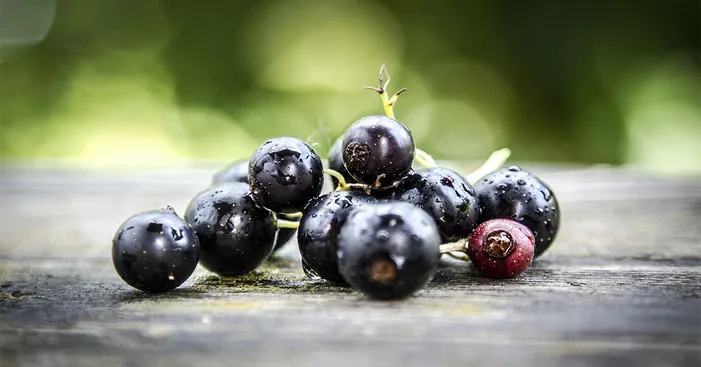
Are you searching for a unique and flavorful fruit to add to your diet?
Look no further than cassis fruit!
This amazing fruit has been delighting people for thousands of years with its sweet, tangy taste and numerous health benefits.
From its origins in the Mediterranean to its current global popularity, cassis fruit is the perfect addition to any fruit bowl.
Keep reading to learn more about the amazing cassis and why you should add it to your diet today!
Cassis fruit: overview
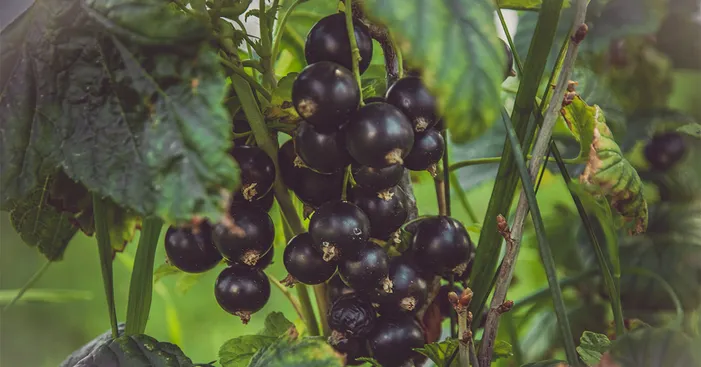
These fruits are native to ancient Greece and the northern regions of Europe and Siberia.
It is assumed that the Russian name comes from the word “gooseberry”, because it smells strong.
In the 15th century, the berry was already known in the southern countries.
Cassis were grown in monastery gardens in Russia and larger varieties were selected worldwide in the 20th century.
However in the United States, the ban on growing currants was lifted in the 1970s, although it still persists in some states.
As a result, these fruits are rarely grown or eaten in the United States, as they have not really integrated into the culture.
Cassis fruit varieties:
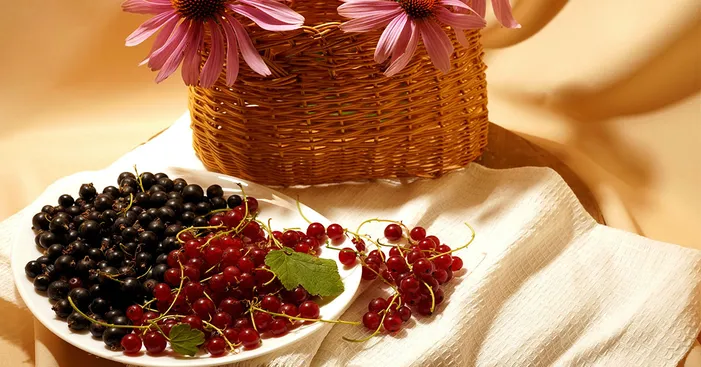
There are really many varieties of cassis fruit because of the popularity of these fruits. Here are some of the best known:
- ‘Andega’ – self-pollinating, gives lots of fruit, resistant to powdery mildew, medium fruit, acidic and aromatic.
- ‘Black down’ – self-pollinating variety, gives lots of medium-sized, sweet and juicy fruits. A good variety for canning.
- ‘Cadou’ – another self-pollinating variety of currant, large sweet fruit. Tastes best fresh.
- White cassis – also self-pollinated, fertile, medium and white, not very aromatic.
- ‘Delbard Robusta’ – Pollinated variety, large and acidic, aromatic.
- ‘Ores’ – Late season variety, ripens in late July. Frost resistant, resistant to powdery mildew and currant rust and moderately susceptible to leaf drop. It produces abundantly.
Cassis fruit nutritional values and health benefits:
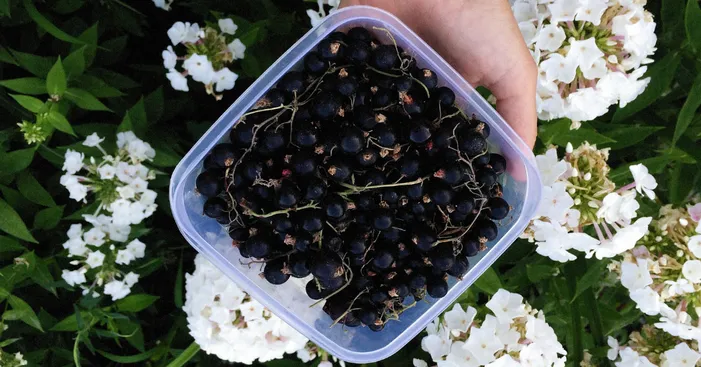
Nutritional values:
These fruits are rich in vitamins and nutrients and they contain:
- Vitamins C and PP.
- Amino acids like arginine, aspartic acid and glutamic acid.
- Polyphenols.
- Anthocyanins.
- Gamma-linolenic acid.
In addition, blackcurrant oil can be extracted from the seeds, although this practice is rare in our country.
The fresh and dried leaves can be used to prepare infusions and teas with health benefits.
As for the currants, they contain pectins and little sugar.
These fruits are appreciated in the form of juices, jams and preserves, because their acidic taste does not make them very appetizing in raw form.
This data counts for a serving of 1 cup of cassis fruits (Blackcurrants) (112g):

- Calorie: 71
- Protein: 1.6 g
- Carbs: 15g
- Fat: 2g
- Fiber: 8 g
- Sugars: 8.3 g
- A Vitamin: 1%
- C Vitamin: 225%
- B2 Vitamin: 4%
- B3 Vitamin: 2%
- B5 Vitamin: 9%
- Calcium: 5%
- Copper: 11%
- Iron: 10%
- Magnesium: 6%
- Phosphorus: 5%
- Potassium: 8%
Health benefits:
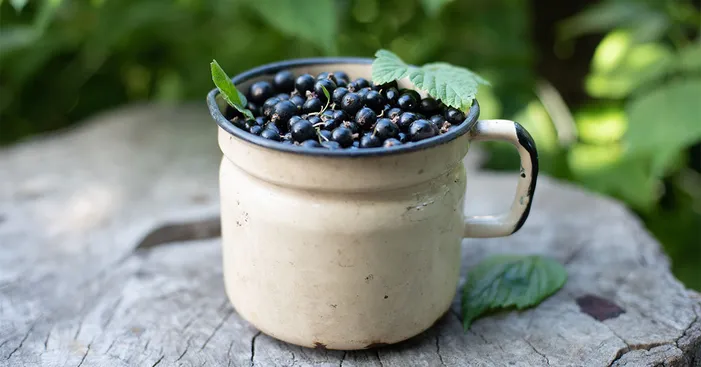
Good for the eyes:
Dry eye syndrome is a common eye condition that can affect people who work at computers, in air-conditioned rooms or in other adverse environments.
Cassis fruit can help relieve these symptoms and support treatment.
They circulate blood in the eyeball, allowing the eyes to adapt more easily to darkness and delaying the deterioration of vision in people with glaucoma.
In addition, gooseberries help improve vision and protect the eyes from sun damage.
Helps with coughing:
Gooseberry has antibacterial, antiviral and anti-inflammatory properties that can help relieve various symptoms of infection, including those associated with colds and infections.
It can also be beneficial for throat infections and coughs.
You can make an infusion of its leaves to get the most out of it.
Use the fruit from your garden to create juices or compotes in the winter, which will be perfect for flu season!
Improves immunity:
You can improve your immunity by eating black currant fruit.
These fruits contain antioxidants and anthocyanins that help boost the immune system and relieve symptoms of a sore throat or flu.
In addition, cassis leaves have antibacterial, anti-inflammatory and antiviral properties, and may help prevent infections and cancer.
Clinical studies have shown that cassis fruit extract can improve stamina in athletes and the elderly.
Cassis seed oil (Blackcurrant oil) is also beneficial and helps to reduce the risk of disease and reduce its severity.
Reduces cholesterol:
The anthocyanins in fruits such as cassis can reduce total and LDL (bad) cholesterol levels and increase HDL (good) cholesterol levels in the serum.
Studies have shown that the use of casssis extract has resulted in significantly lower LDL levels and the juice of these fruits can help prevent certain cardiovascular diseases, as it slows down the oxidation of lipids that promotes the formation of atherosclerosis, obesity and Alzheimer’s disease.
Promotes hepatitis cells:
The best way to regenerate liver cells is through a healthy, balanced diet and a lifestyle free of alcohol abuse.
Foods rich in polyphenols have a protective effect and can help reduce inflammation and slow the progression of damage to the organ.
A varied and balanced diet can contribute to better liver health and liver cell regeneration.
Rich in antimicrobial properties:
Cassis fruit are rich in antimicrobial properties that can inhibit the spread of viruses and bacteria.
Active compounds such as caryophyllene, sabinene, terpinolene and ocimene, present in the essential oil extracted from the leaves, have bactericidal and fungicidal effects.
These properties are useful in the fight against the influenza A virus and bacteria such as Escherichia coli, Streptococcus faecalis, Staphylococcus aureus, Candida albicans and Trichophyton mentagrophytes.
Cassis leaves benefits:
The leaves of this fruit are very beneficial to health and offer many advantages.
Indeed, they are often used to relieve people suffering from rheumatism or joint pain.
Also, the leaves of cassis fruit can regulate blood circulation and have a diuretic effect, which makes them ideal for detox.
They also have anti-stress and calming properties, and can be used as a gargle for sore throats and mouth ulcers.
Therefore, they are an excellent natural remedy to fight against fatigue and depression.
Other health benefits:
- Rich in vitamins and minerals: it is an anti-fatigue and anti-infectious fruit.
- Has an antioxidant property.
- Participates in the good health of the bones.
- Helps to reduce the feeling of heavy legs and participates in a good blood and venous circulation.
- Acts as a general tonic: to help fight against stress. Its tonic properties are also beneficial to support the immune system.
- Can be used in support of weight loss and maintaining a healthy weight.
- Finally, it can help with digestion.
Precautions before you consume cassis fruit:

It is important to note that the therapeutic use of cassis is not recommended for pregnant or breastfeeding women, children and people with heart or kidney failure.
- If you are taking medication, it is important to mention it to your doctor or pharmacist before starting a herbal treatment.
- According to the naturopath, the bud can have an exciting effect in the evening for sensitive people, and it is thus advised not to take it after 5 pm.
- Moreover, the cassis vegetable oil is very sensitive to oxidation and must be kept 6 to 8 months after opening, in a cool place (preferably in the refrigerator), in its original packaging, well closed, protected from air and light.
Using cassis fruit:
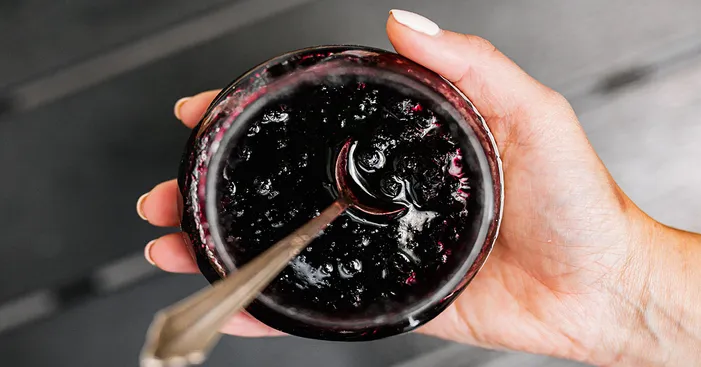
Cassis fruit is recognized as a medicinal plant with multiple therapeutic benefits, mainly due to its antioxidant properties.
Anthocyanins, responsible for the dark color of the plant, fight free radicals and help reduce oxidative stress and cell damage.
Because of its health benefits, this fruit is very popular in herbal medicine and herbalism.
Several methods are available to consume this fruit, such as preparing herbal teas or infusions, mixing with water and cooking, taking capsules or tablets, using dry extracts, as well as using mother tinctures, syrups or fluid extracts.
Storing cassis:
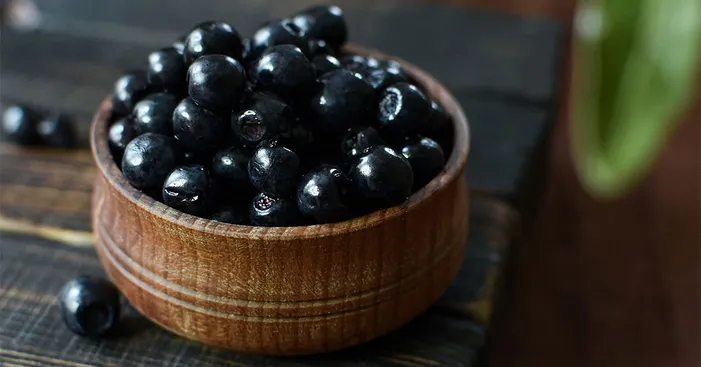
It is possible to save currants for the winter by preserving them in different forms.
Canning is one of the most common ways and can be done by boiling them with sugar for jams, canning them in sterilized jars or freezing them.
In addition, you can dry currants to make dried fruit or herbs.
Freezing:
Si vous avez assez de place dans votre congélateur, vous devriez congeler la baie pour préserver toutes ses propriétés nutritives:
- After washing the berries.
- Spread them out on a towel to dry.
- Once dried, place them in bags and store them in the freezer.
This way, they will keep their crunchiness even in winter and retain their sweet fresh flavor.
In sugar:
Although a lot of sugar is added, the berries will retain all their properties:
- The currants are washed
- Ground in a meat grinder
- Add sugar 1.5 to 2 times more than the berries and mix well
- Everything is arranged in jars, which were previously held in steam for 3 minutes.
- The containers are closed with lids, also sterilized.
